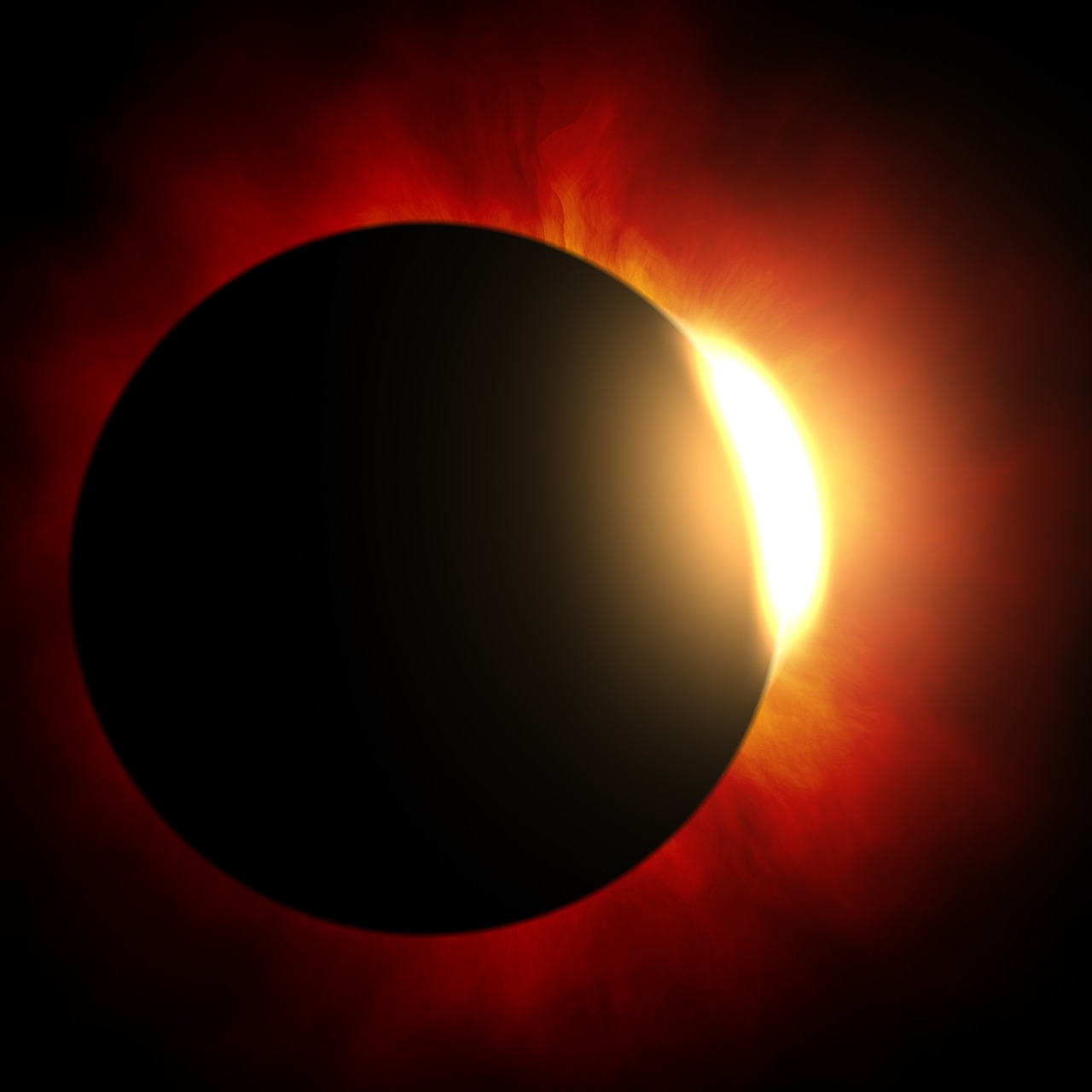Sales Tax
Taxing the Sun? State Taxes and the 2017 Solar Eclipse
It’s been 38 years since a total eclipse of the sun has been visible from all 48 contiguous United States, so the one set to occur August 21, 2017, is a big deal. It’s been on the calendars of eclipse watchers for years, if not decades.
Apr. 25, 2017

It’s been 38 years since a total eclipse of the sun has been visible from all 48 contiguous United States, so the one set to occur August 21, 2017, is a big deal. It’s been on the calendars of eclipse watchers for years, if not decades. Me being me, I learned of this momentous event because it has tax implications. Sigh.
Although the entire North American continent will be treated to some degree of a solar eclipse, the moon’s shadow will only completely cover the sun in select areas of Georgia, Idaho, Illinois, Iowa, Kansas, Kentucky, Missouri, Nebraska, Oregon, South Carolina, North Carolina, Tennessee, and Wyoming (and the very tip of Montana’s beard). Officials in areas expecting the largest influx of visitors are already preparing for the trickle-down effect events such as these tend to trigger: pop-up businesses, temporary lodging, and special events.
I wasn’t kidding that tax implications alerted me to the solar eclipse. Specifically, it was a notice on the Wyoming Department of Revenue website. As many as 350,000 people could travel to Wyoming to see the eclipse — a significant figure for a state with a population of about 585,000. The Department of Revenue explains: “With this large influx of individuals, money making opportunities emerge and many locals might join in the profits.”
One eye to the sky, one eye on tax
For many in Wyoming, the chance to make a killing (or at least a little pocket money) selling food, lodging, and souvenirs is simply too great to pass up. That’s fine with state officials, provided everyone understands that there are “sales and lodging tax requirements and consequences of selling lodging services or tangible goods, even if only for a few days.” To facilitate tax compliance, the department has created a new form: “Application for Temporary Business Operations, Solar Eclipse Event 2017.”
Anyone who intends to make taxable sales to celebrate or simply profit from the eclipse must:
- Submit a completed application for a temporary business permit to the Department of Revenue
- Collect and remit the applicable sales, use, and/or lodging tax at the proper rate
- File the sales tax return and payment by October 2, 2017
Local governments are also taking up the call for compliance. For example, the city of Douglas, in Converse County, notes that people may need to obtain a Special Event Permit or temporary business license and directs people to the Department of Revenue website. It also makes clear that people who open their homes or property to overnight guests are liable for collecting and reporting sales and lodging tax.
Caspar, which is counting down to the Wyoming Eclipse Festival, recommends people temporarily rent out their homes through Airbnb; it says the company “not only advertises your property for you but it also ensures that you pay the proper lodging tax.” That’s news to me, since according to Airbnb, it does not collect and remit occupancy tax on behalf of hosts anywhere in Wyoming. However, the Wyoming Department of Revenue and Airbnb have reportedly been discussing the possibility of having the company collect lodging tax on behalf of Wyoming hosts.
Wyoming as trendsetter
Wyoming may be the first state to talk tax around the upcoming solar eclipse, but it is unlikely to be the last. As the big day approaches, more and more state and local governments are likely to address compliance issues surrounding sales, use, and lodging tax.
Tax automation software helps businesses of all sizes in all locations stay on the right side of tax compliance. Learn more.
———
Gail is a sales tax expert with a penchant for digging through the depths of DOR sites and discovering and reporting rate changes across the country.
